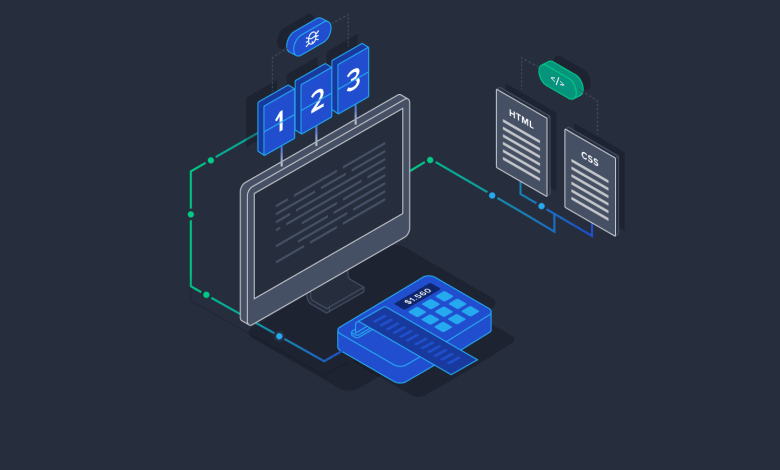Dev Future
Clean Code Principles Every Developer Should Follow

Writing code is one thing, but writing clean, maintainable, and readable code is a mark of a professional developer. Clean code reduces bugs, improves collaboration, and makes long-term maintenance easier.
In this article, we’ll explore key clean code principles that every developer should follow to write better software.
1. Meaningful Names
- Use descriptive names for variables, functions, and classes.
- Avoid vague names like
x,temp, ordata.
Example:
2. Keep Functions Small and Focused
- Each function should do one thing and do it well.
- Small functions are easier to test, debug, and reuse.
Example:
3. Consistent Naming Conventions
- Stick to a naming convention for the project (camelCase, snake_case, PascalCase).
- Consistency makes code readable and predictable.
4. Avoid Magic Numbers and Hardcoding
- Use constants or enums instead of hardcoded values.
- Example:
5. Write Readable Comments
- Comments should explain why, not what.
- Avoid redundant comments.
- Use documentation comments for public functions and classes.
6. Keep Code DRY (Don’t Repeat Yourself)
- Avoid duplicating code across the project.
- Extract repeated logic into functions, classes, or modules.
Example:
7. Proper Error Handling
- Handle exceptions and errors gracefully.
- Avoid empty catch blocks or ignoring errors.
- Provide informative messages for debugging and logging.
8. Use Meaningful Structure and Formatting
- Organize code into modules, classes, and functions logically.
- Use consistent indentation, spacing, and braces.
- Readable code is easier to maintain and collaborate on.
9. Avoid Premature Optimization
- Focus on clarity and correctness before optimizing performance.
- Optimize only when profiling shows a bottleneck.
10. Write Tests
- Unit tests, integration tests, and end-to-end tests ensure code reliability.
- Tests document expected behavior and help prevent regressions.
11. Refactor Regularly
- Continuously improve code quality as the project evolves.
- Remove redundant code, simplify logic, and maintain readability.
Conclusion
Clean code is the backbone of professional software development. Following these principles ensures that your code is readable, maintainable, and scalable, making collaboration with other developers smoother and reducing long-term technical debt.
By writing clean code, you not only improve your projects but also develop skills that employers highly value, making you a better, more effective developer.

